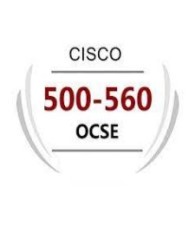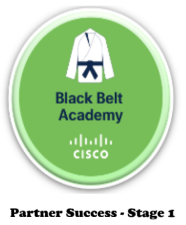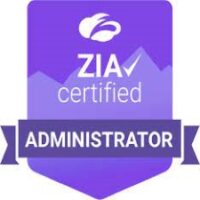At Cisco, we strongly believe in the power of the Internet. The Internet fosters free expression and accelerates the ability to educate, empower, and inspire people around the world. There has been… Read more on Cisco Blogs
At Cisco, we strongly believe in the power of the Internet. The Internet fosters free expression and accelerates the ability to educate, empower, and inspire people around the world. There has been no greater force in making information more accessible and opportunities more available.
Cisco is proud of its legacy and its leading role in powering the Internet. With nearly 40 years of networking experience, we’ve helped customers and partners make education better, infrastructure stronger, financial services more secure, transportation safer, and first responders faster.
We also recognize the inherent risk of this technology being misused. Navigating this balance – securely connecting billions of people while respecting human rights – is core to who we are at Cisco. Our sales activities are in strict compliance with U.S. export rules and regulations, which are informed and guided by human rights principles. We have supported the United Nations Global Compact (UNGC) since its inception in 2000, aligning our operations and strategies with ten universally accepted principles in the areas of human rights, labor, environment and anti-corruption. And our commitment to human rights continues to evolve to meet new challenges posed by the rapid pace of change across the tech sector.
There has been recent coverage about the Ninth Circuit Court’s revival of a long-dormant lawsuit, which would allow Falun Gong to sue Cisco in U.S. courts for selling off-the-shelf networking equipment in China that may have been used by the Chinese government to mistreat of Falun Gong members in China. This ruling by the Ninth Circuit, if it stands, would open the floodgates for suits against corporations in the U.S. for human right violations merely based on legal exports of goods and services. Cisco is deeply committed to human rights, and as we shared when this case was first filed in 2011, these claims are inaccurate and entirely without foundation. The off-the-shelf networking equipment at issue in this particular case was delivered more than 20 years ago, aligned with global industry standards, and was not modified for government use. Cisco has never customized our networking equipment to help the Chinese government—or any government—censor content, track Internet use by individuals, or intercept Internet communications.
Whether a foreign government violated international law through its treatment of its citizens is a highly sensitive matter of foreign policy, of which the Executive Branch of the U.S. government has comparative responsibility and expertise. Holding U.S. suppliers liable for the activities of foreign governments outside of the U.S., has the potential to not only disrupt the foreign policy efforts of the U.S. government, but also lead to a less connected, interoperable, and equitable world.
With these important issues at stake, Cisco has appealed the court’s decision. We will continue to advocate for a free and open Internet, in large part because of its ability to advance human rights. We will also continue to follow the rule of law, selling products in strict compliance with U.S. trade and export regulations. And without compromise, we will continue to stay true to our core values – respecting human rights across all aspects of our global operations.
Additional Resources:
At Cisco, we strongly believe in the power of the Internet to foster free expression and accelerate the ability to educate, empower, and inspire people around the world. Making information more accessible and opportunities more available comes with the inherent risk of this technology being misused. Navigating this balance – securely connecting billions of people while respecting human rights – is core to who we are at Cisco. Read More Cisco Blogs










